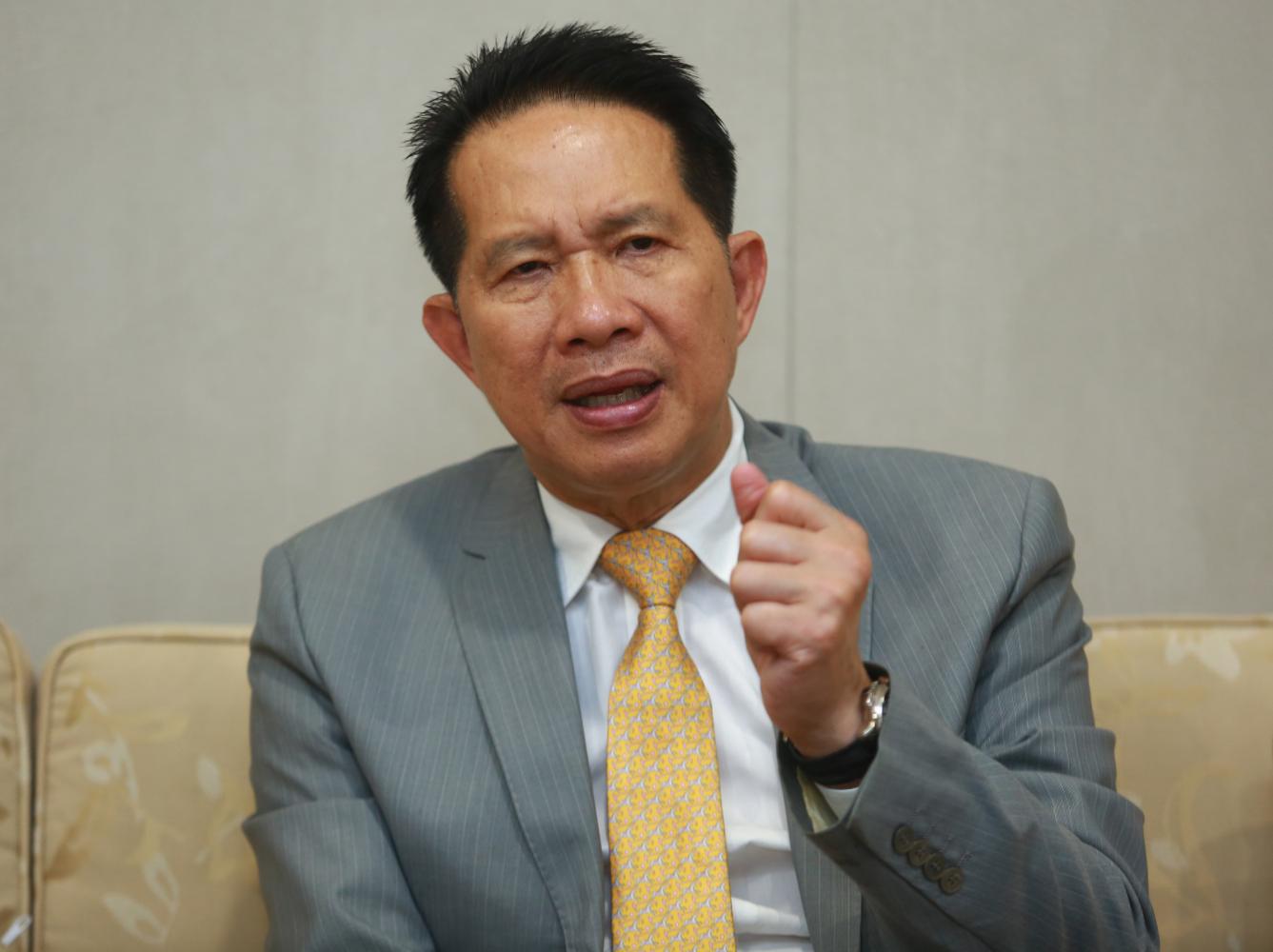The country is in need of structural reform with the younger generation getting a bigger say in charting national policies and amending the charter, a forum was told.
The role of young people in politics and how the country should be reformed were discussed at a democracy forum organised at the King Prajadhipok's Institute on Saturday.
Speakers were Banjerd Singkaneti, a law specialist at the National Institute of Development Administration (Nida); former prime minister Abhisit Vejjajiva; Kanokrat Lertchoosakul, a political scientist at Chulalongkorn University and Supant Mongkolsuthree, chairman of the Federation of Thai Industries.
Mr Banjerd said young people have consolidated into a force to be reckoned with as they push for reforms covering all dimensions, including the monarchy. They have some parties acting as a bridge between them and par- liament.
However, the political power structure is centralised and not conducive to change. The lopsided distribution of power does not allow for the stability needed for the government to work for the greater good of the people, Mr Banjerd told attendees.
Diverse ideas from various people must be thought through so the rules can be more accepting. The question lies with how to open up space for young people to voice their input for change.
"In the past, whoever won got to make the rules. That's why the moment the current charter was promulgated in 2017, conflicts arose," he said.
The constitution has limited inclusiveness with any attempt at decentralisation of power putting on the back burner. It contributes to worsening structural pro- blems with the country's admini- stration.

Abhisit: Democracy in retreat
Mr Abhisit, meanwhile, said monopolies and abuse of power, as well as widespread corruption, had caused a retreat of liberal democracy and invited military power.
The power structure issue has to do with the state sector failing to keep abreast with technology-driven changes. The creation of a bureaucratic state has widened the communication gap with people where differences in public opinions are hard to reconcile. The former premier said the challenge for democracy is to pull the economy and politics out of the quagmire and achieve sustainable change.
A consensus must be reached and a social contract initiated where all sides can agree a new social structure. The young generation have made some unprecedented demands for reform because they think the status quo does not work for them.
"The social contract is the start of a collective effort to restore democracy and push the economy and society forward. It will leave the young people feeling their future is not being obstructed," he said, adding the powers-that-be must reach out and rewrite the constitution so it is acceptable to all.

Supant: Stability vital
Also, Mr Supant said businesses viewed political stability as vital for a steady advancement of the country. The differences in opinions will have a chance of being settled when the leader and various groups agree to talk.